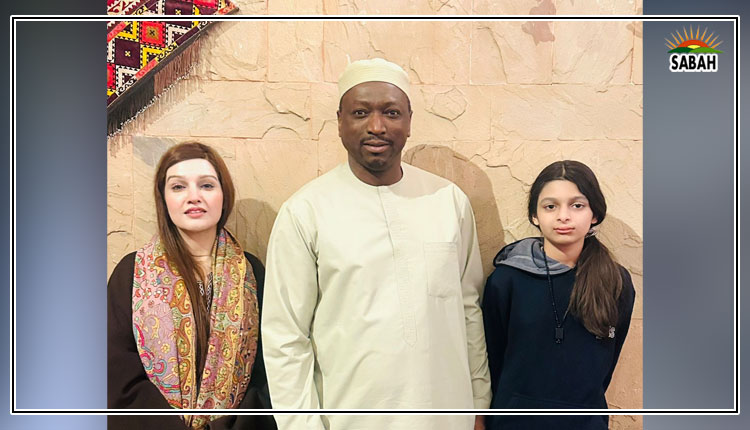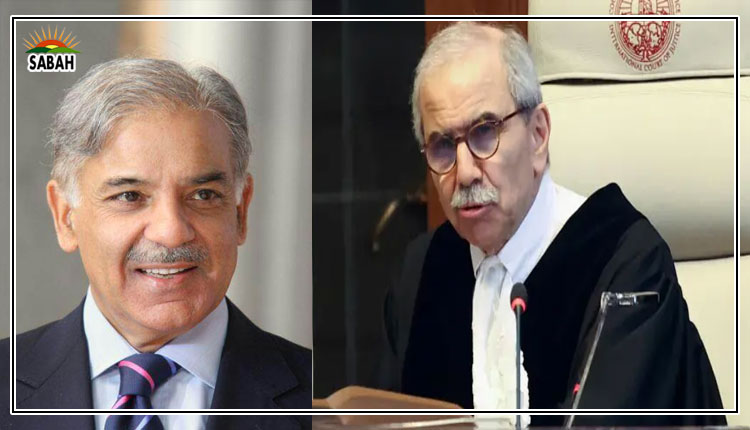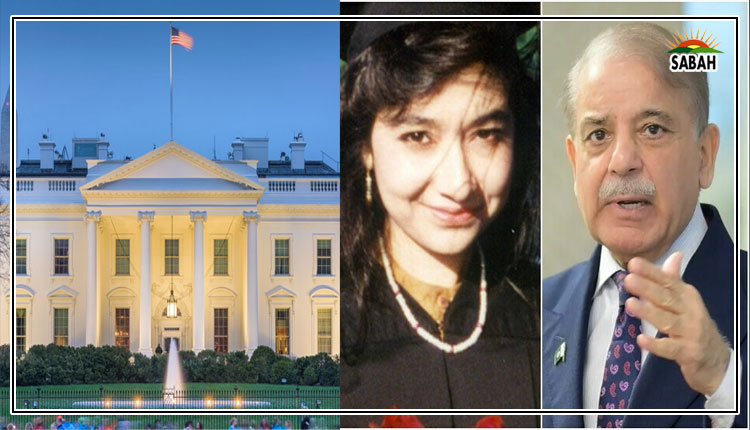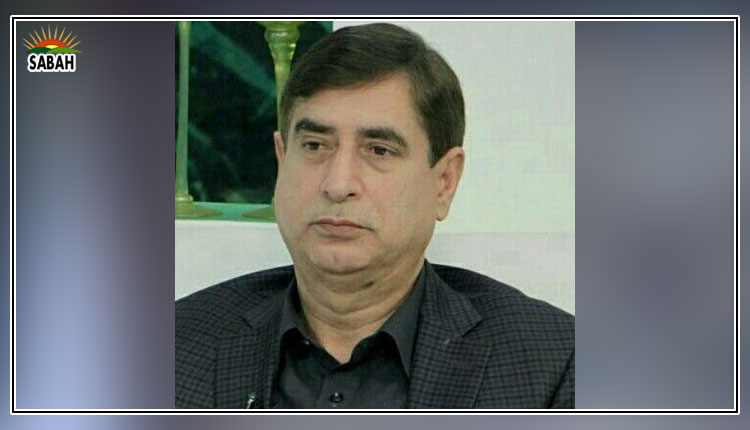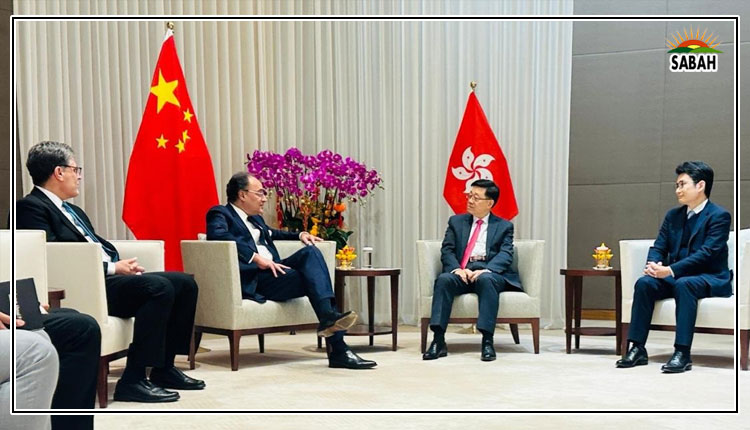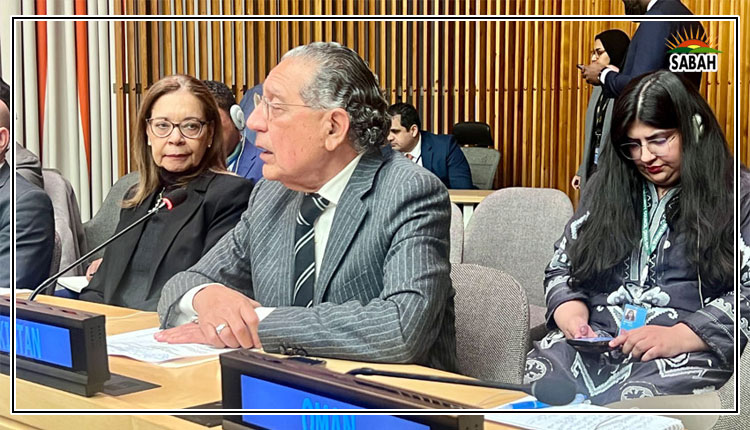Separation of East Pakistan was not a failure of Two-Nations Theory; rather it was an administrative & political failure: PICSS Seminar
ISLAMABAD, Dec 15 (SABAH): ‘Separation of East Pakistan was not a failure of Two-Nations Theory, rather it was an administrative and political failure’ said the speakers during a seminar organized by Pakistan Institute for Conflict and Security Studies (PICSS) at Quaid-i-Azam University in collaboration with National Institute for Pakistan Studies (NIPS).
The seminar was addressed by former Pakistani High Commissioner to India, President PICSS Ambassador (Retd) Abdul Basit Khan, Chairman PICSS Major General Saad Khattak (Retd), renowned author Professor Dr. Ayub Sabir, author and former Naval Officer Group Captain SM Hali (Retd), a Bengali officer of Pakistan Army Colonel Kamaluddin (Retd), and Assistant Professor Quid-i-Azam University Dr. Sadia Mahmud.
Abdul Basit Khan while giving the keynote address said that the Two-Nations theory was actually a brainchild of extremist Hindus like RSS which was founded in 1916 and professed that anyone living in India should be a Hindu and there was no room for Muslims or Christians or other religions. He said that Muslims lived with Hindus in the subcontinent for centuries and they had no problem in living with Hindus as Muslims are peaceful people and can live with anyone in any part of the world. He said that it was the fascist mindset of Hindu leaders who actually pushed Muslims of the Indian subcontinent to think about a separate homeland to protect their rights.
Abdul Basit Khan said that the Two-Nations theory has become a fact now and the living condition of Indian Muslims under BJP-RSS fascist rule further validate it. He recalled the poor living conditions of Indian Muslims as third-grade citizens of Hindustan where BJP also brought the Citizen Amendment Act and other legislation to further demonise the Indian Muslims and other minorities. He said that despite the separation of East Pakistan and the creation of Bangladesh the Two-Nations Theory is still valid as Bangladesh did not merge into India rather it kept its Muslim identity and became part of OIC and will remain an active member of the Muslim community in the world.
Renowned author Professor Dr. Ayub Sabir said that till 1906, Allama Iqbal was also a nationalist who believed in Indian nationalism. However, Iqbal adopted the concept of Muslim Ummah in 1906 and then gradually promoted it. According to Dr. Ayub Sabir Quaid-i-Azam also transformed his ideology under influence of Allama Iqbal and converted from a nationalist leader to an Islamic leader and became more vocal than Iqbal on the subject of two-nations theory. Dr. Ayub said that Bangladesh was created through a language movement and not through an ideological movement but the time will come that Bangladesh will come back to Islam and become closer to Pakistan as the bonding of religion is stronger than any other bondage.
Major General (retd) Saad Khattak said that after the fall of Dhaka, the then Indian Prime Minister Indira Gandhi boasted, “We have taken the revenge of a thousand years” and “we have drowned the two-nation theory in the Bay of Bengal”. However, the separation of East Pakistan was, in no way, the negation of “Two Nation Theory,” as claimed by the Indian prime minister because it was not based on the ideology that Bengali were a separate nation and thus should be disintegrated to form an independent country. Indian philosophers kept arguing that two-nation theory was wrong and impracticable. However, our adversaries have made a conscious effort aimed at polluting the minds of our younger generations by raising questions on the two-nation theory. India and opponents of two-nation theory kept trying to reinforce their narrative despite the fact that East Pakistan did not merge back into India and kept its independence as a sovereign Muslim State reinforcing two-nation theory.
The current state of minorities in India especially the treatment meted out by RSS-BJP regime to Muslims, Christians and Dalits made the people of these communities acknowledge the foresightedness of our forefathers for perceiving the threat of Hindu domination.
Former IOK chief minister and chief of PDP Mehbooba Mufti after Indian unilateral moves in Kashmir on 5 August 2019 said, “BJPs India has no place for minorities, hence validating Jinnah’s two nation theory”.
Sultan Mehmood Hali, a veteran of Pakistan Air Force and author of many books presented excerpts from his book “Tormented truth -1971 & Beyond”, stating that it is high time that the correct narrative is imparted to the youth of Pakistan so that the distorted truth being propagated via educational curriculums are nipped in the bud once and for all. He pointed towards psychological warfare and urged the youth to not fall into the trap of social media, stating that “If we lose our independence this time, there will be no Quaid-e-Azam to save us.
The highlight of this event was a speech delivered by Colonel (retd) Kamal-ud-Din, a lecturer at the National University of Modern Languages (NUML) Islamabad who is basically a Bengali and was an officer of the Pakistan Army who opted to live in Pakistan after separation of East Pakistan. Col. Kamal discussed his Bengali roots and elaborated on how he chose to live in Pakistan post the 1971 partition. He said that the creation of Bangladesh was not a failure of the Two-Nations Theory; rather it was an administrative and political failure. He stated that it was the distance between the two parts of the country which was a major factor coupled with disparities and discrimination at a certain level that provided an opportunity to India to meddle in East Pakistan.
Dr. Sadia Mehmood carried forward this discussion, adding that the Quaid-e-Azam Muhammad Ali Jinnah had observed the plight of the Palestinian Muslims and developed the narrative that the Muslims were not a minority.


